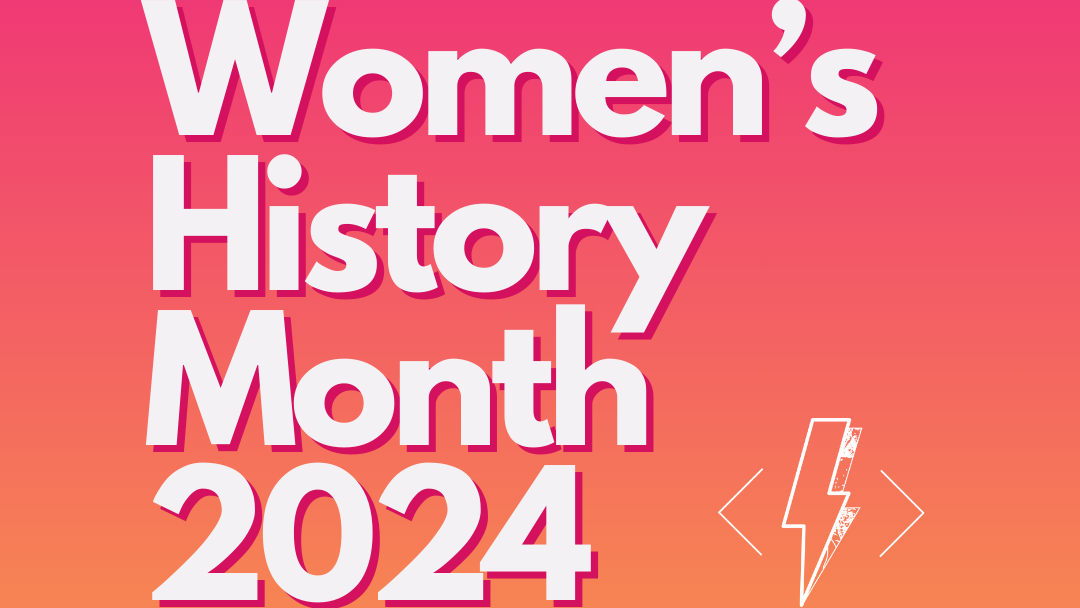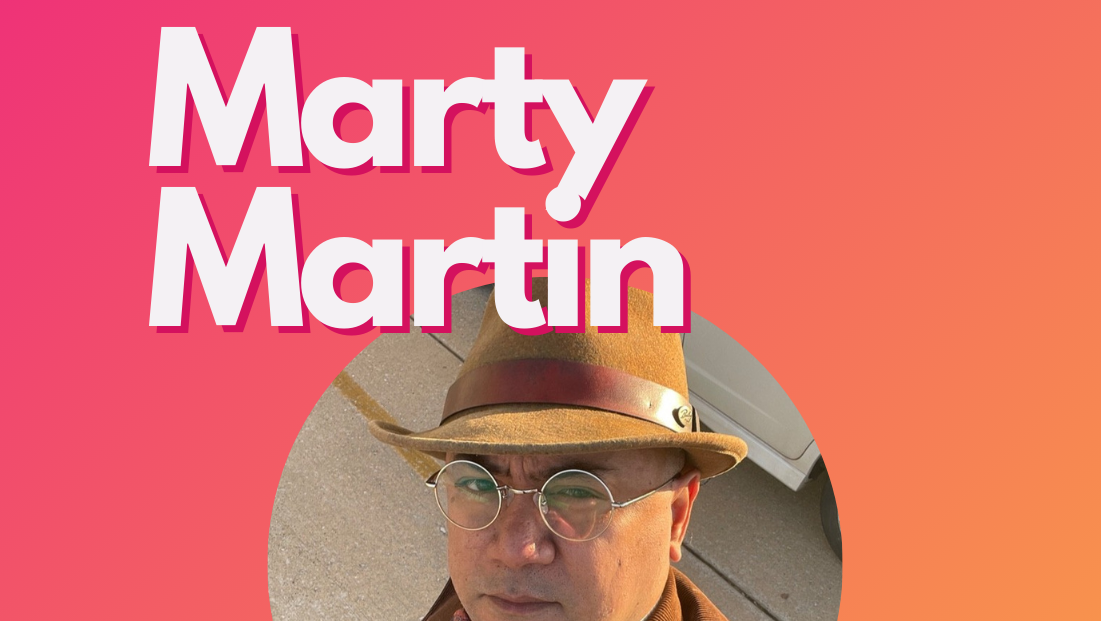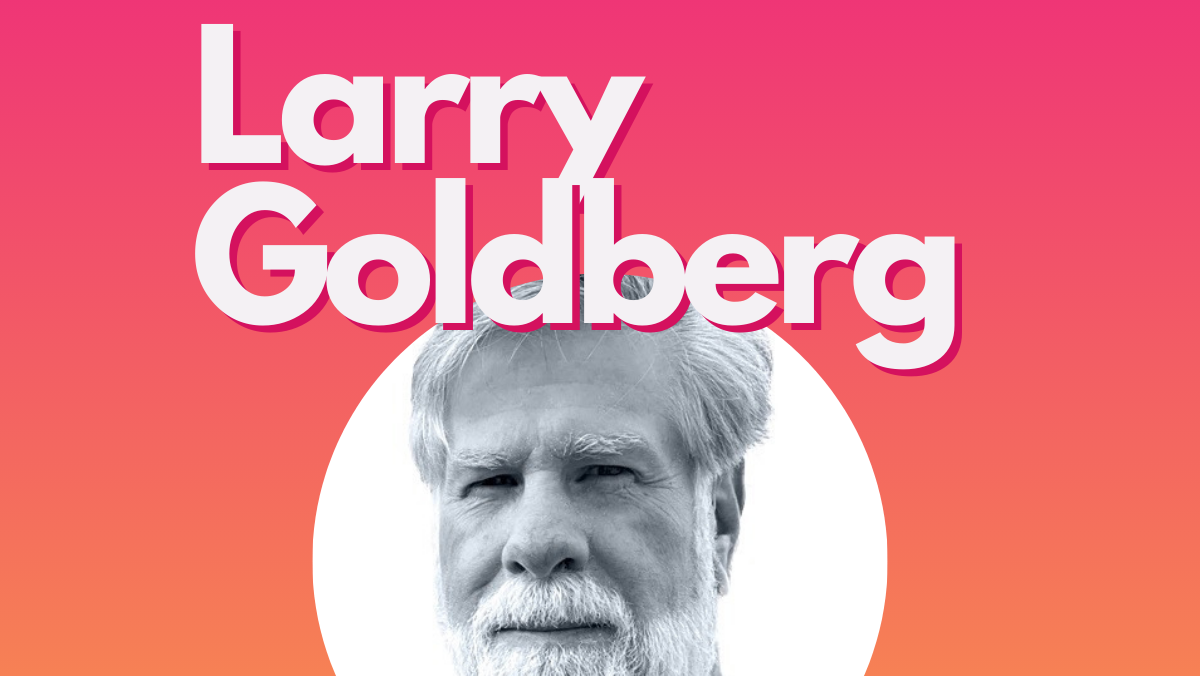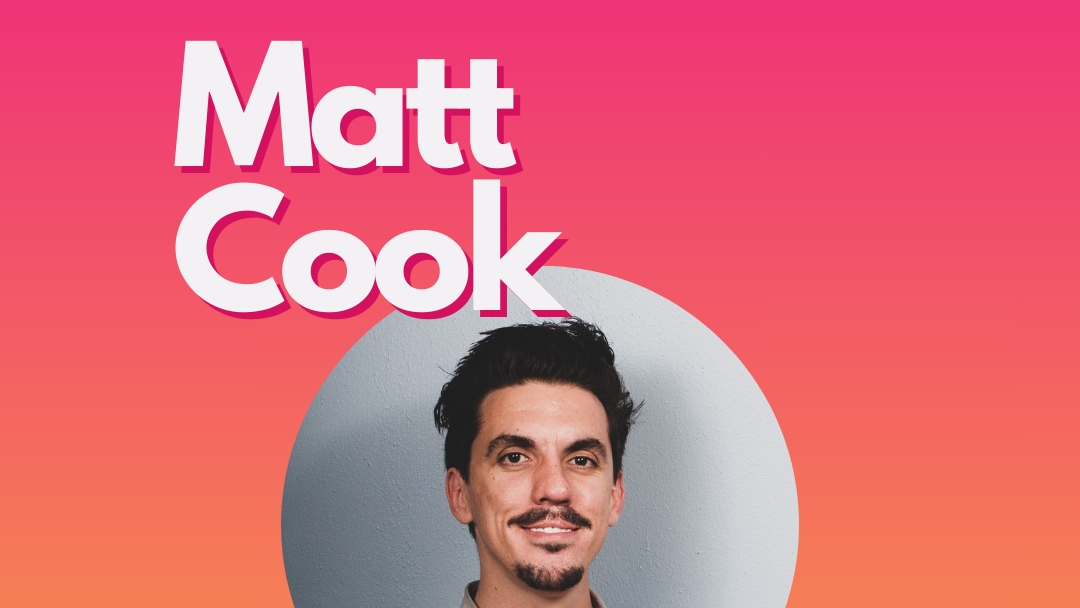In celebration of Women's History Month, it's crucial to spotlight not just the achievements and struggles of women but also the support systems that play a significant role in their journey toward equality and recognition, especially in fields where they are underrepresented.
Kicking off our series is Kyle Muzny, a figure whose actions and ethos embody the essence of true allyship in business. As a seasoned professional and a fervent advocate for gender equality, Kyle has made significant strides in ensuring inclusivity and equal opportunities within his sphere of influence. His commitment to recognizing individual capabilities over gender stereotypes has led to hiring three talented young women chosen for their exceptional skills and innovative perspectives. As Kyle articulates, this decision was driven purely by their potential and professionalism, setting a precedent for how meritocracy can and should function in a modern workplace.
Through his leadership, Kyle fosters an environment that champions equality, encouraging every team member to voice their ideas, participate in decision-making, and seize growth opportunities. His approach not only enriches his team's dynamics but also propels his business toward greater creativity and success. As we delve into Kyle's responses to our questions, his insights will serve as a beacon for those looking to champion women's rights and participation in STEM and beyond, proving that allyship can significantly shape a more inclusive and equitable industry. Read on to learn how Kyle strives to be a supportive male ally in all areas of his work and life:


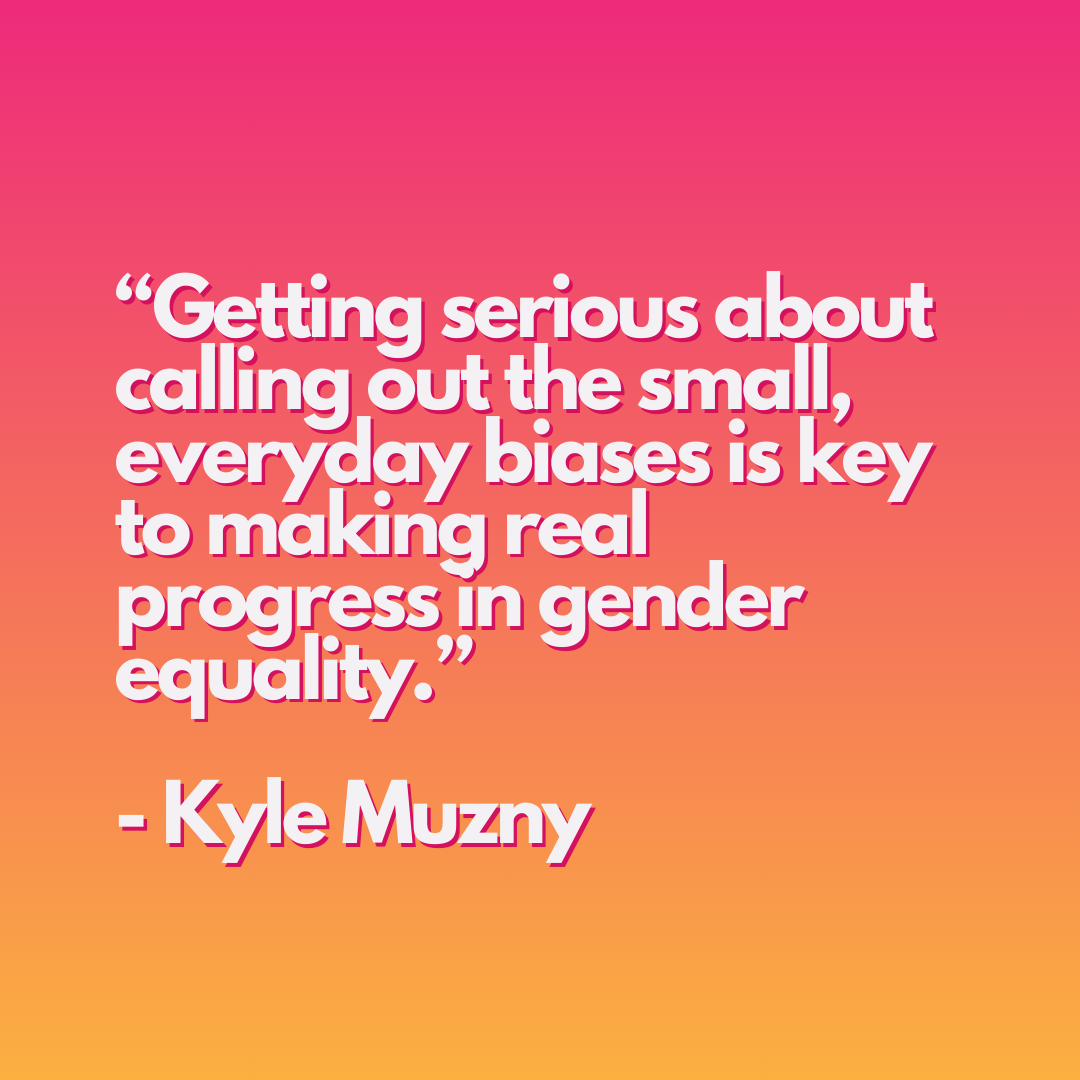

Q: How do you ensure inclusivity and equal opportunities for women in your personal and professional spheres?
A: "I prioritize an approach that recognizes individual capabilities and contributions. My decision to hire three young women to be part of my team was based on their exceptional skills, innovative perspectives, and the unique value they bring to our business operations. Their gender was incidental to the decision-making process; it was their intellect, professionalism, and potential that set them apart. In our workplace, we foster an environment where everyone, regardless of gender, is encouraged to share their ideas, participate in decision-making, and pursue growth opportunities. I am committed to maintaining an inclusive culture that supports equality and ensures that all employees have the resources and support they need to succeed. This approach not only enriches our workplace but also drives us toward greater creativity, productivity, and success as a team."
Q: How do you perceive the current state of gender equality in our society? Can you share an instance where you witnessed or became aware of gender-based discrimination?
A: "I think there is progress intertwined with persistent challenges. The significant strides towards narrowing the gender gap - at least in the big picture of gender equality like representation and legal protections - still get overshadowed by the subtle forms of discrimination. And these are the ones that drive me insane. There are several instances of comments, tone, and demands made towards my coworkers, my wife, and even my young daughters that I don't witness being made to my male cohorts."
Q: How do you challenge or combat gender stereotypes in your daily life?
A: "At the end of the day, being a husband and dad is what matters most to me, with running my business a close second. Getting serious about calling out the small, everyday biases is key to making real progress in gender equality. But what's even more important to me is being a good role model for my son and daughters. I want to show them, through what I say and do, how to treat everyone with fairness and respect. My hope is that this will help bring about lasting positive changes, not just in their lives but in the wider world too."
Q: How do you recognize and address the intersectionality of gender with other aspects of identity, such as race, ethnicity, and socioeconomic status? Can you share an experience where you considered the intersectional aspects of a women's issue?
A: "This may be short-sighted, but the conscious effort to acknowledge and improve gender equality is hopefully a good framework for addressing other identity issues. The number of people experiencing identity issues doesn't necessarily make it more severe, but half of the people on this planet experience gender discrimination. On a day-to-day basis, what is in my control is addressing microaggressions. Although I personally witness gender biases more than other identity issues - and please don't take that as me not acknowledging the severity or number of instances of other identity issues - the framework is the same. Be aware of them, acknowledge them, address them, and lead by example."
Thank you to Kyle Muzny for volunteering your time to participate in this unique and special project!

